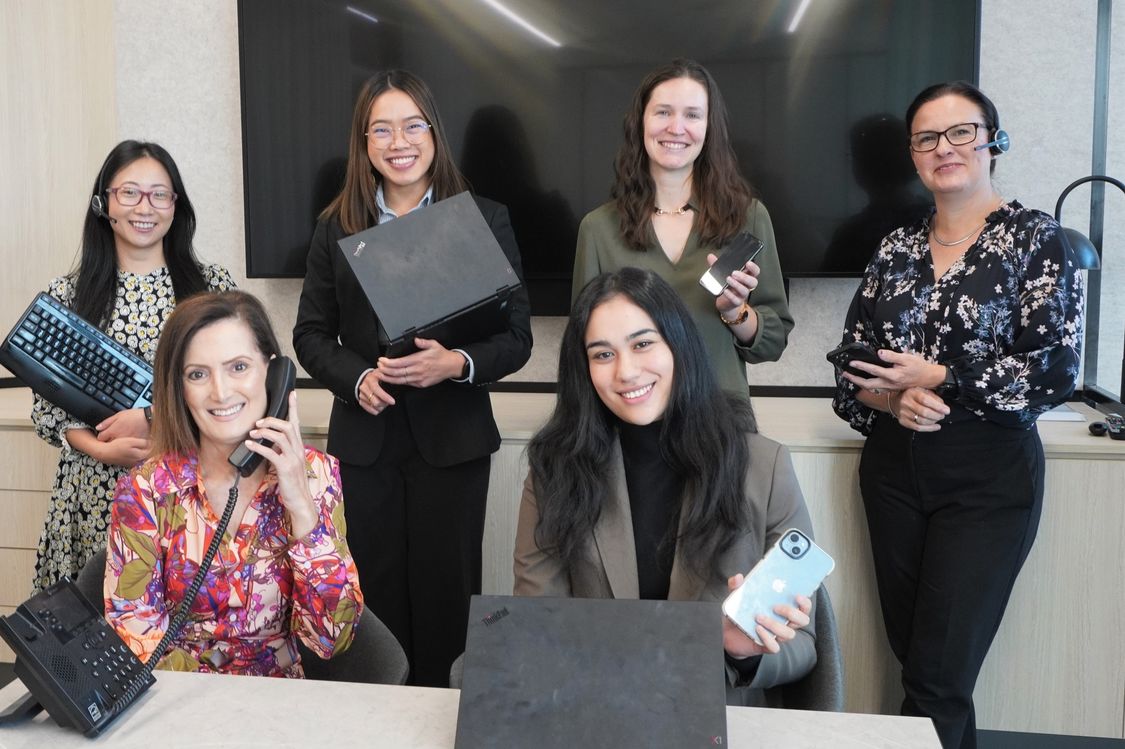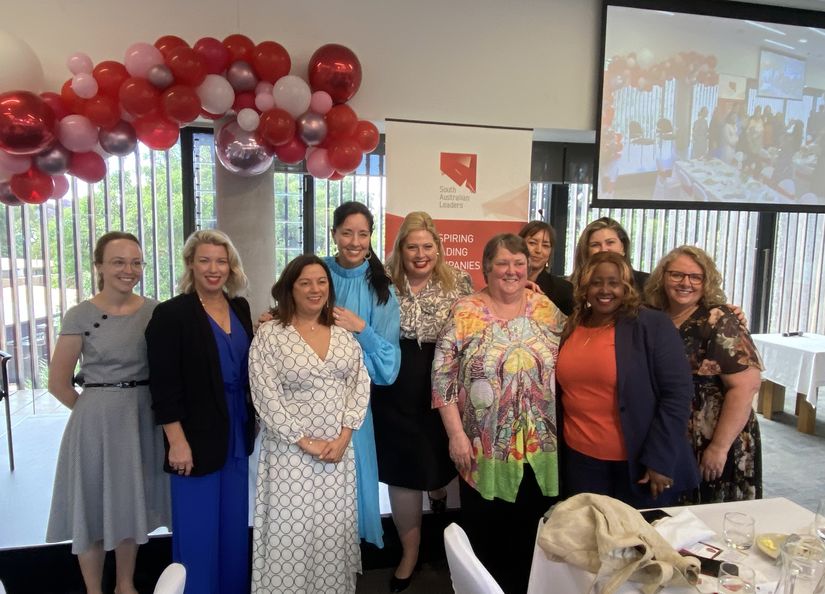International Women's Day 2023 - “DigitALL: Innovation and technology for gender equality”


This year for International Women's Day, DMAW Lawyers has chosen to align with the United Nations (UN) Women's theme "DigitALL: Innovation and technology for gender equality".
This theme coincides with the priority theme for the upcoming 67th Session of the Commission on the Status of Women (CSW-67), “Innovation and technological change, and education in the digital age for achieving gender equality and the empowerment of all women and girls”.
Under this umbrella, UN Women focus on the impact of the digital gender gap on widening economic and social inequalities and the importance of protecting the rights of women and girls in digital spaces, addressing online and ICT-facilitated gender-based violence.
As a firm, providing all of our employees with excellent technology, support and training is something we value highly and consider digital education and gender equality in technology to be of the upmost importance.
Reflecting on this theme, we asked women across the business to answer questions about the role technology plays in their life, career and the importance of digital education and literacy for women today.
Principal, Tasha Naige
Q: How important is digital education and literacy for women in the legal profession?
A: Having digital skills and being able to engage in digital spaces is increasingly a part of our work and lives. Much of what we do at work is conducted online and by digital means, and this only accelerated during COVID-19.
It’s important that women are brought along on this journey and not left behind. In addition, embracing technology can provide greater flexibility for people, particularly women (and particularly those with caring responsibilities), which in turn can enable greater participation in the workforce for women in the legal profession and greater access to justice for women outside the profession.
Senior Associate, Nicole Mead
Q: Have you had access to training in technology through DMAW Lawyers? If so, how has the training impacted your ability to perform in your role?
A: DMAW Lawyers offers a variety of technology and training, including, for example, advanced Excel skills, digital client management, voice to text dictation, virtual meeting technology and cyber security.
Exposure to these technology focused tools and skills has created opportunities to be more efficient and provide better outcomes for our clients, as well as advancing my own personal development and skill sets.
Q: Has the importance of digital education and literacy for women changed since you entered the workforce? If so, how?
A: Technology has improved working conditions for women in many ways, including the flexibility to work from home. As such, the careers of women who were traditionally housebound and reliant on their partners has changed significantly.
Technology (when it works) has simplified the process of many tasks which at the start of my career were much more time consuming. The ability to access information and services at the press of a button and hold virtual meetings (e.g. Teams, Skype, Zoom) are just a few ways in which our working lives have become more efficient. The introduction of social media platforms, like LinkedIn and access to digital client management software, has also helped to broaden business opportunities, and for some, an increased client base.
Law Graduate, Stephanie Maurangi
Q: How has having access to and understanding of technology prepared you for a career in the law?
A: New or graduate lawyers must have an understanding of the use and functionality of existing and emerging technologies to be able to bring a contemporary mindset to the challenges presented by the modern practice of law.
Having access to technology at university, including the use of learning management systems and platforms such as Zoom and Canvas, has prepared me to deliver legal services to clients and work effectively with legal professionals using digital technology. Lawyers may not need to be computer scientists, but we need to know how technology works, understand its potential and know how to use it well in order to meet the current and future demands of the profession.
Lawyer, Jacinta Zheng
Q: How do you think women could be better supported and encouraged to embrace technology in their lives?
A: Improving women’s digital literacy would encourage women to embrace technology in their lives, as education would build confidence and interest in technology. This could be achieved by encouraging and promoting education in technology for women of all ages. In the short-term, education and training programs for girls and women would assist to build confidence in the use of technology in their every day lives.
In the long-term, greater female participation in STEM related fields from early childhood through to higher education should be encouraged to help to promote female participation in the technology industry and gradually breakdown gender stereotypes and inequality in technology.
Executive General Manager, Bernice Witkowski
Q: What guardrails do DMAW Lawyers have in place to protect the rights of women in digital spaces and/or against online and ICT-facilitated gender-based violence?
A: As a business, we have numerous policies in place to support and guide all staff such as a Sexual Harassment policy, Workplace Bullying policy, Equal Opportunity policy and Social Media policy.
In addition to this, we have a Respectful Behaviour policy which sets out our expectations of inclusivity, calling out what is, and what is not, acceptable in the workplace. Furthermore, a Relationships in the Workplace policy is in place to protect staff from any potential power imbalance, perceived or otherwise.
The success of any such policies can only truly be achieved with genuine support from senior management, which I’m pleased to say is the case here.
Additional support for staff is provided by internal resources such as HR and ICT staff, whilst externally an EAP service is available. We promote taking action and, through training, encourage staff to be active bystanders.
DMAW Lawyers takes the provision of a safe and respectful workplace very seriously, whether it is in person, online or facilitated through technology.
Education is critical in terms of what is ok, and what is not, and this is an ongoing need for all businesses.
Related people
Related Insights
SA Leaders Celebrating Women In Business Luncheon

International Women’s Day breakfast – Business Chicks

Zahra Foundation – Change Maker Luncheon





